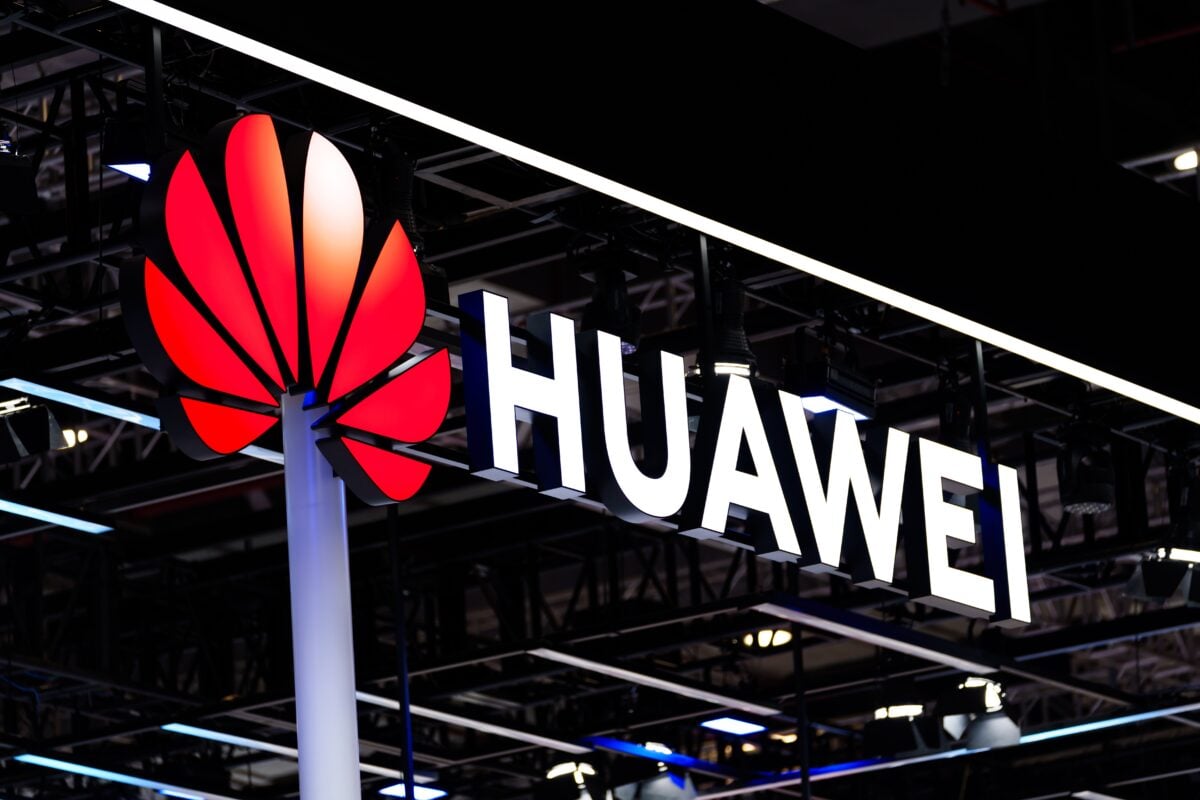TLDRs:
- Huawei’s Ascend 910C chips contain foreign components despite U.S. export restrictions on advanced tech.
- TSMC, Samsung, and SK Hynix parts found in Huawei processors highlight supply chain gaps.
- U.S. warns global use of Huawei AI chips violates export laws, with criminal penalties possible.
- China continues AI chip production using foreign hardware amid tightened export controls.
Huawei’s latest generation of Ascend AI chips, the 910C model, has been found to contain key components from major Asian tech firms, according to a report by TechInsights.
Researchers discovered that these chips include semiconductor dies from Taiwan Semiconductor Manufacturing Co. (TSMC), as well as high-bandwidth memory (HBM2E) sourced from Samsung Electronics and SK Hynix.
This discovery underscores a critical reality: despite nearly six years of U.S. export restrictions aimed at curbing Huawei’s access to advanced technology, Chinese AI chip development continues to rely on foreign hardware.
U.S. Export Controls
Huawei has been under U.S. export curbs since 2019, a policy designed to block the company from obtaining cutting-edge chips, memory, and manufacturing tools.
These measures have intensified under successive administrations, most recently with the Trump administration issuing a global advisory in May 2025. The U.S. Department of Commerce clarified that using Huawei’s Ascend processors anywhere in the world violates export control laws and could carry criminal penalties.
The guidance highlights the reliance of Huawei’s AI chips on U.S.-origin technology, either directly or through production equipment. Yet, despite the strict controls, companies such as TSMC and Samsung remain indirectly involved through complex supply chains, sometimes funneling critical components to Huawei via third-party intermediaries.
Supply Chain Loopholes and Investor Concerns
TSMC, the world’s leading semiconductor foundry, admitted last year that it cannot fully trace where all its chips end up. In 2024, TSMC-made semiconductors were discovered in Huawei’s Ascend 910B processor, sparking concerns over potential sanctions breaches.
While TSMC has halted shipments to the implicated clients and notified authorities in Washington and Taipei, the incident highlights a broader challenge for the semiconductor industry: ensuring compliance in a highly globalized, interdependent supply chain.
Investors are watching closely. As demand for AI chips grows, the primary risk may no longer be competition but regulatory compliance. Huawei’s ability to secure foreign components despite sanctions raises questions about the effectiveness of U.S. measures and the vulnerabilities in global semiconductor oversight.
China’s Strategic Response
In response to tightened export controls, Huawei has accelerated domestic production capabilities. The company has been clustering multiple Ascend 910C chips to overcome individual performance limitations, aiming to match or surpass foreign competitors in large-scale AI workloads. This approach also allows Chinese firms to reduce reliance on U.S.-origin technology while scaling AI infrastructure rapidly.
Analysts note that the global impact of U.S. export controls has been limited in the short term. While restrictions extend beyond American companies to foreign firms using U.S. technology for Huawei-bound chips, the complex supply chain enables workarounds that continue to feed Huawei’s AI ambitions.
Looking Ahead
As AI technology becomes increasingly central to national security and economic competitiveness, Huawei’s ongoing access to foreign components despite U.S. sanctions represents a geopolitical flashpoint.
Policymakers and industry leaders must balance innovation, compliance, and strategic security, navigating a semiconductor landscape where technology, trade, and regulation intersect in unprecedented ways.






